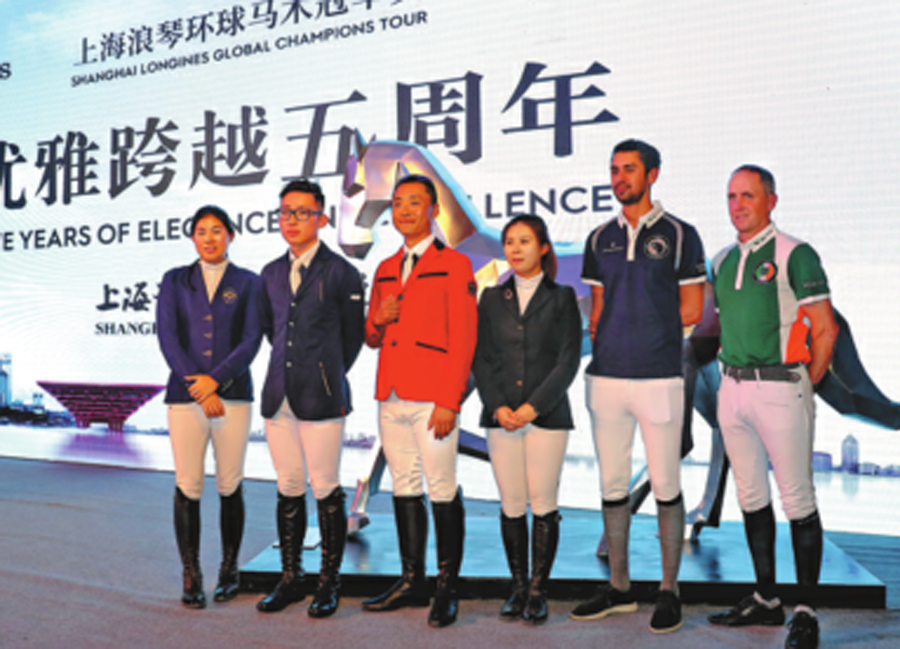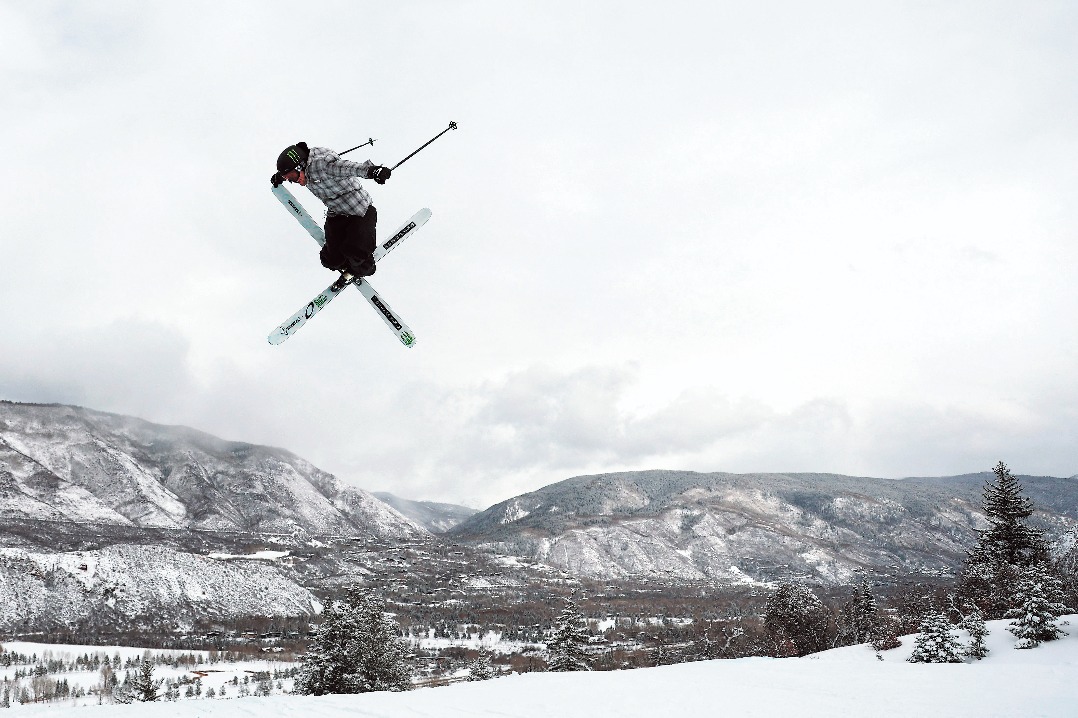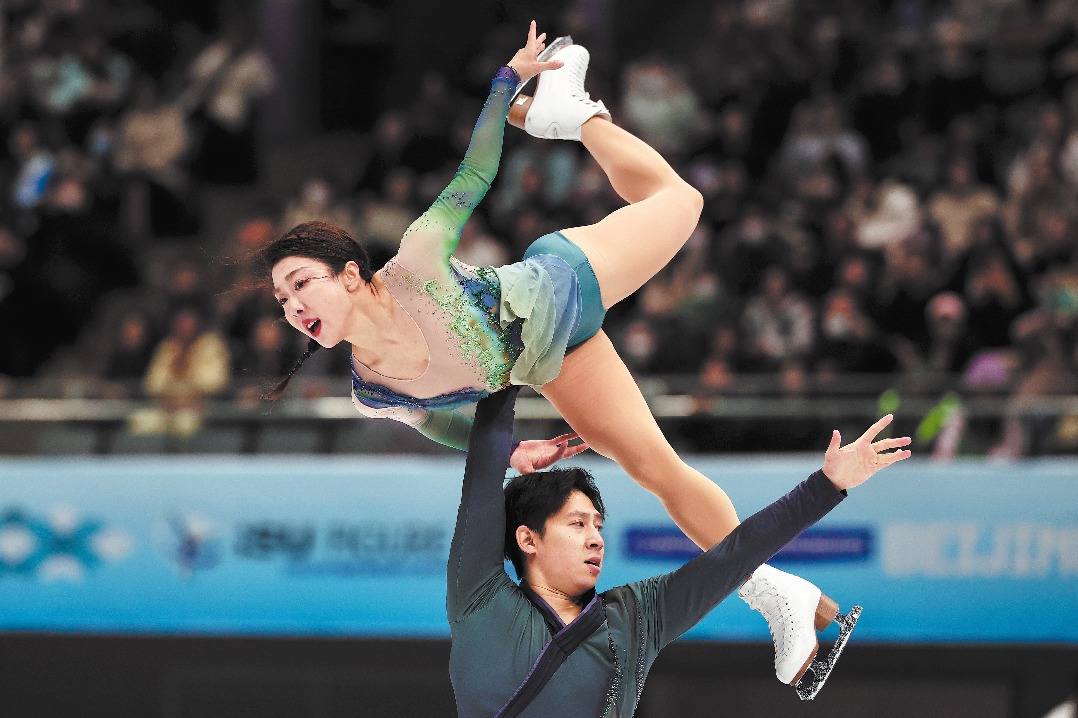Young riders key to China's horse hopes


New talent needs to keep pace with industry's development
Although China boasts world-class rider Alex Hua Tian, who placed eighth at the 2016 Rio Olympics, the country still needs to nurture more young talent and a better environment for equestrian sports to flourish.
To achieve that ambition, the Sino-Europe Horse Industry Exchange Seminar was held on Thursday in conjunction with Friday's Shanghai Longines Global Champions Tour, a CSI level 5 show jumping event.
The seminar attracted industry experts, manufacturers and suppliers from around the world to discuss how to create a booming Chinese equine industry.
Jan Tops, founder and president of the Longines Global Champions Tour, said that one of the best gauges of the equine industry's development in China is horse shipments.
"It's our fifth event here, and Shanghai has been incredible for what we have achieved," said Tops. "First of all, the logistics involved in getting horses to China from Europe. Thanks to the government and all the people involved for doing such a great job."
Smooth horse shipments to China were nearly impossible years ago because of regulatory problems. However, after the success of the Shanghai event and the development of the sport here in recent years, the environment is much better.
This year a total of 100 horses were airlifted in three separate shipments. The first batch of 45 arrived last Sunday, and with the horses' health and safety paramount, the plane was staffed with a veterinarian, specialists and grooms.
After landing, the horses were shipped to a quarantine area near the iconic China Arts Museum in Shanghai with the help of the local customs administration.
Other important issues, including youth training, equestrian club management and the sport's popularization were discussed at the seminar.
Hong Kong's Raena Leung, the first Chinese rider to place in the 160cm competition of the Shanghai event last year, said it is important for young riders to try to compete in more advanced events.
"For young riders, competing in high-level events means getting out of their comfort zone," said Leung. "It's about getting more experience and getting more exposure. It can also help them handle pressure and gain more confidence."
Cheng Keqiang, director of Shanghai Equestrian Management Center, said China's equestrian industry still has much to improve.
"Take Shanghai as an example," said Cheng. "We still need to improve in many aspects. We still need to make more policies to guarantee the sport's development. Also we need to have a more open market and better equestrian products."
Ella Wang, a rider on China's national team and one of the few Chinese Grand Prix female competitors, said there is a gap between China and Europe in terms of the sport's development, and that it's important "to learn from the best."
"Children in Europe get quality equestrian education from the very beginning, so it's good to see that starting to happen in China," she said.
"There are more and more high-level equestrian competitions being held here. My hope is that more young Chinese riders will compete in these events."
Most Popular
- Nation's soccer strength reboots for a new era
- Champions lead Winter Olympics quest
- China's U23 captain Xu Bin set to join Premier League club Wolves
- U23 near miss brings hope and lessons for Chinese soccer
- Short track skaters named flag bearers as Hungary unveils 2026 Winter Olympic squad
- China's historic run at AFC U23 Asian Cup sparks praise





























